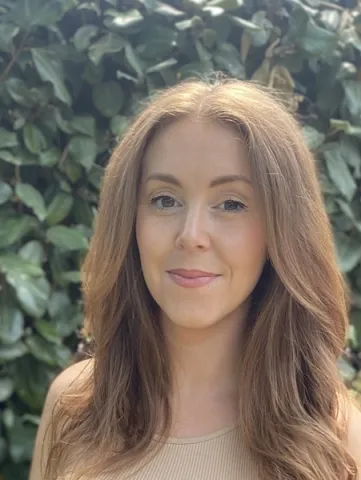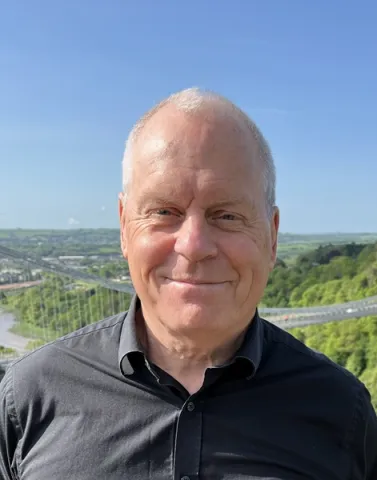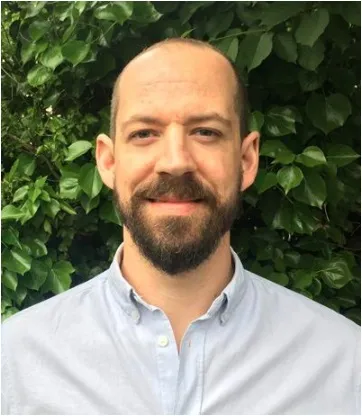Project overview
Background:
Antidepressant prescriptions are increasing. Many people may be able to stop antidepressants when they feel better. Adults who live in areas of disadvantage (e.g. housing, financial and education disadvantage) are more likely to be prescribed antidepressants, and they might also find it harder to stop taking them when they are no longer needed. This group of people are often missing in research. Previous research designed support (a website and telephone support calls) to help people who want to stop taking antidepressants, but this might not be right for people in areas of disadvantage, who have different experiences and needs.
Aims:
This project aims to understand the views of people living in areas of disadvantage about taking antidepressants long-term and about stopping them. We also aim to plan a support package for people who want to reduce and stop antidepressants that is suitable for this particular group of people.
Methods: We will interview people who have experience taking antidepressants and live in areas of disadvantage, to find out more about their experiences and what support they need. We will then plan what kind of support could help people in these areas to reduce and stop antidepressants, using information from existing research, the findings from our interviews and working with members of the public. The plan for this intervention will be based on science and the views of people who live in areas of disadvantage. We will use new ways of working (like using WhatsApp voice messages) as this may help a wider range of people take part in the research.
PPI:
We discussed our research plans at a community event in an area of disadvantage with women who have had experience taking and stopping antidepressants. They felt there was a need for more information and support for stopping antidepressants. The group liked the idea of taking part in research in new and flexible ways that would fit around a busy life (like using WhatsApp).
We will work with our public contributors at each stage of the research, including choosing the research methods, deciding what to include in the intervention, understanding the findings and writing papers about the results.
Impact:
We will share our findings through written papers and at conferences. We will work with our public contributors to share our findings with the community (e.g. at community events or on social media) and we will tell the people we interviewed about the findings. We will produce a plan for supporting people stopping antidepressants that is suited to people who live in areas of disadvantage. We will also learn about new ways of working with people from different backgrounds.
Antidepressant prescriptions are increasing. Many people may be able to stop antidepressants when they feel better. Adults who live in areas of disadvantage (e.g. housing, financial and education disadvantage) are more likely to be prescribed antidepressants, and they might also find it harder to stop taking them when they are no longer needed. This group of people are often missing in research. Previous research designed support (a website and telephone support calls) to help people who want to stop taking antidepressants, but this might not be right for people in areas of disadvantage, who have different experiences and needs.
Aims:
This project aims to understand the views of people living in areas of disadvantage about taking antidepressants long-term and about stopping them. We also aim to plan a support package for people who want to reduce and stop antidepressants that is suitable for this particular group of people.
Methods: We will interview people who have experience taking antidepressants and live in areas of disadvantage, to find out more about their experiences and what support they need. We will then plan what kind of support could help people in these areas to reduce and stop antidepressants, using information from existing research, the findings from our interviews and working with members of the public. The plan for this intervention will be based on science and the views of people who live in areas of disadvantage. We will use new ways of working (like using WhatsApp voice messages) as this may help a wider range of people take part in the research.
PPI:
We discussed our research plans at a community event in an area of disadvantage with women who have had experience taking and stopping antidepressants. They felt there was a need for more information and support for stopping antidepressants. The group liked the idea of taking part in research in new and flexible ways that would fit around a busy life (like using WhatsApp).
We will work with our public contributors at each stage of the research, including choosing the research methods, deciding what to include in the intervention, understanding the findings and writing papers about the results.
Impact:
We will share our findings through written papers and at conferences. We will work with our public contributors to share our findings with the community (e.g. at community events or on social media) and we will tell the people we interviewed about the findings. We will produce a plan for supporting people stopping antidepressants that is suited to people who live in areas of disadvantage. We will also learn about new ways of working with people from different backgrounds.


